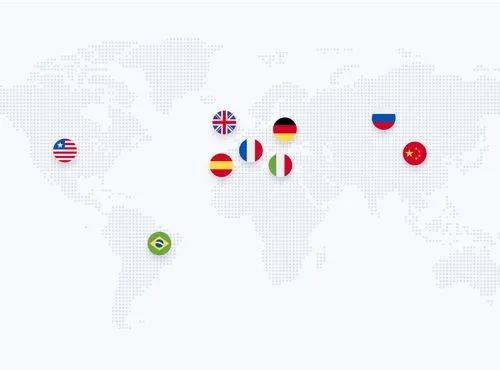Data Privacy
September 12, 2025
Legal Considerations for AI-Powered Video Translation – What You Need to Know
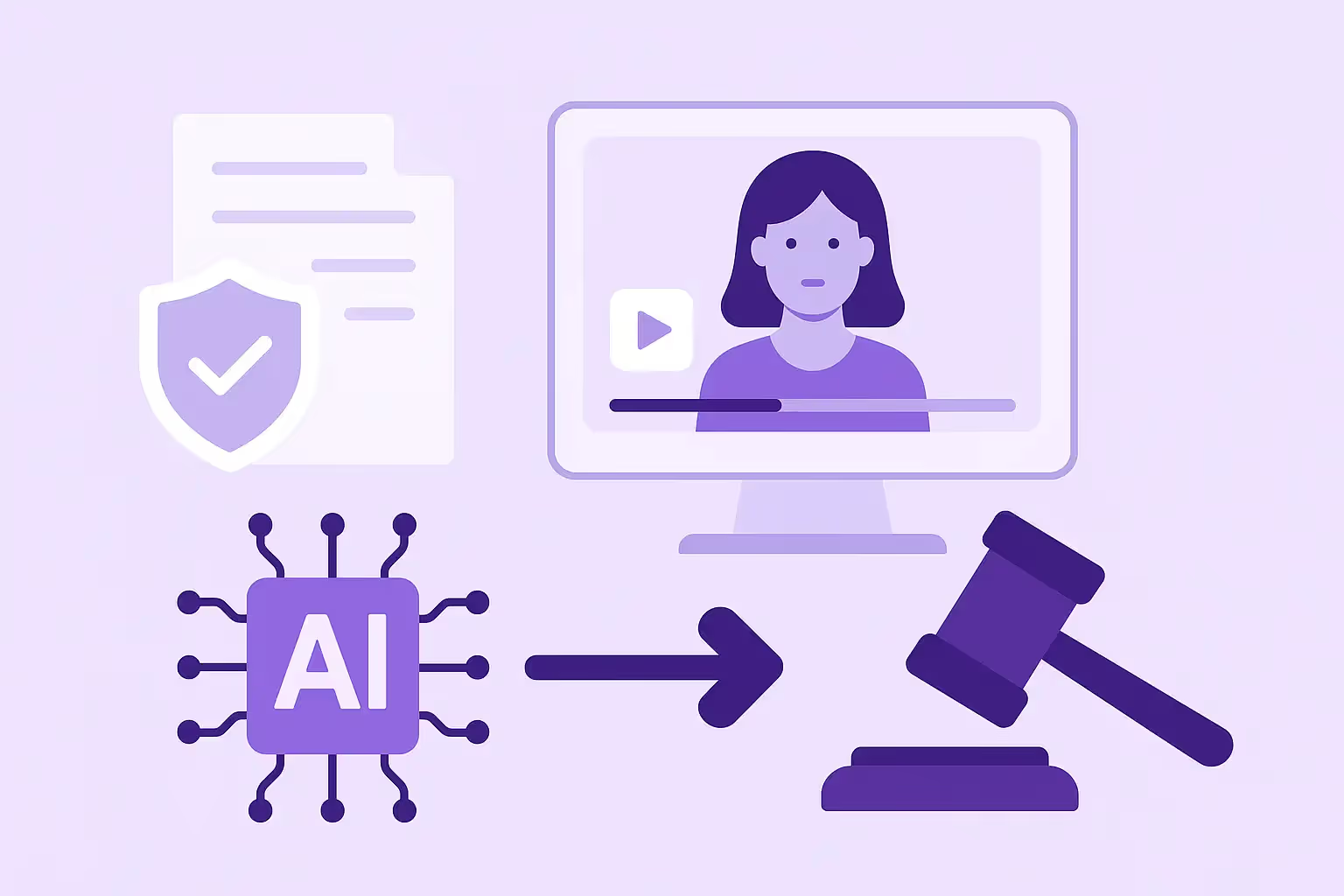
Rights to the Original Video
Before translating or dubbing any video, ensure you hold the necessary rights to do so:
- Owned content: If the video was created in-house, you usually hold the rights — assuming all third-party assets (e.g. music, stock footage) are properly licensed.
- Third-party content: You’ll need explicit permission to edit, translate, or redistribute — even if it’s just internally.
- Client content: Agencies and service providers should confirm that the client has granted rights for localization and any AI-driven adaptations.
Reminder: Even for internal videos, copyright still applies.
Voice Rights & Consent
If real human voices are featured in the original video, several legal questions can arise:
- Consent for voice use: Replacing, cloning, or modifying someone’s voice — especially using AI — may require specific approval.
- Voice cloning at Dubly: If you want to keep the original speaker’s voice across languages, you’ll need documented consent. This is especially important for employees, voice actors, or public figures.
- Contractual clarity: For external speakers, models, or actors, your agreement should explicitly state what’s allowed — including localization and voice manipulation.
Best practice: Always clarify how the voice will be used, modified, and distributed.
Communicating With Employees
If you’re localizing internal communications, make sure your team knows:
- If their voice will be replaced or altered
- If the video will be translated and shared beyond the original scope
- That AI technology is being used for adaptation
Open, transparent communication — potentially paired with a data processing notice or internal briefing — reduces confusion and builds trust.
Do AI-Translated Videos Need to Be Labeled?
In most countries, including Germany and the EU, there’s currently no mandatory requirement to label AI-translated or AI-dubbed videos.
However, in certain contexts — such as advertising, news, or scientific content — transparency may be expected.
Examples:
- A CEO message dubbed into French by AI might not legally require a label — but transparency could support authenticity.
- In journalism or education, clearly stating that AI dubbing was used may build credibility, especially if audiences expect it.
Bottom line: There’s no blanket rule, but disclosure can be a smart move in many contexts.
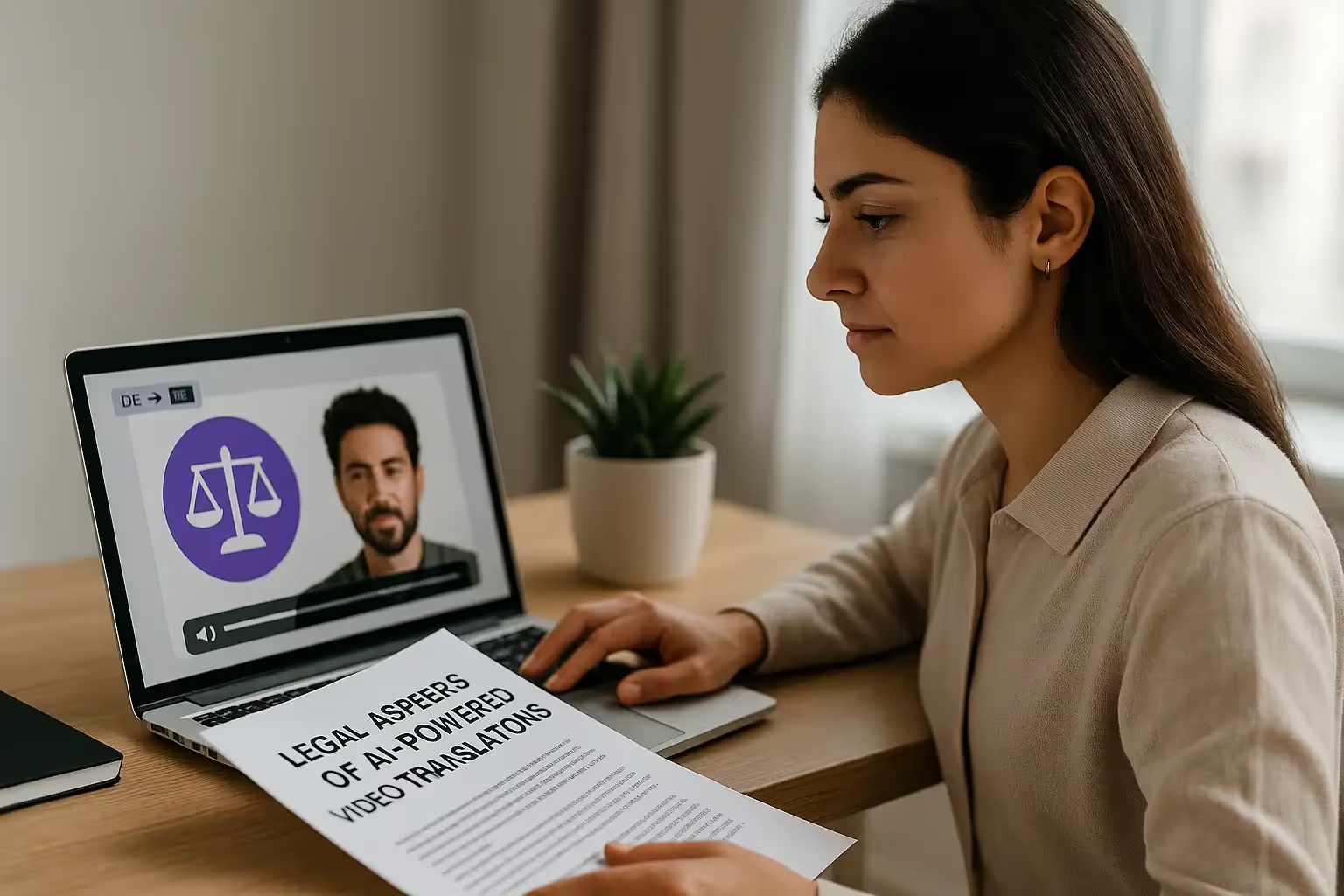
Additional Legal Factors to Consider
✅ Data Privacy (GDPR)
- Are you processing personal data (voice, face, speech content)?
- Where is the data stored and processed?
- Do you offer deletion, access, and logging rights?
Dubly handles all this with care:
- All data hosted in the EU
- Subprocessors governed by SCCs (Standard Contractual Clauses)
- Full GDPR compliance, including access and deletion processes
✅ Music, Branding & Licensed Media
- Are your videos using licensed music, logos, or visual assets?
- If so, ensure your license permits redistribution or use in localized versions.
Don’t assume it’s fine just because you have the rights for the original version.
✅ Liability for Translations
If your translated video includes legally or commercially sensitive content, you are still responsible for its accuracy — even if AI was used.
Dubly offers Native Speaker Control as an optional review layer for extra precision in sensitive or high-stakes scenarios.
{{cta}}
Conclusion: Responsibility Starts With the Right Setup
AI-powered dubbing and video translation are transformative — but they don’t replace the need for legal clarity.
With Dubly, you get more than just a great tool:
You get a localization partner who understands privacy, consent, and enterprise compliance.
That includes:
- Secure EU-based processing
- No data used to train general AI models
- Contracts like DPAs, NDAs, TOMs
- Voice cloning only with explicit consent
- Support for legal and privacy teams
What legal frameworks apply in the EU for AI video translation?
GDPR is key. It governs data processing, storage location, deletion rules, and the rights of data subjects.
Why is a data processing agreement important?
A DPA ensures that obligations between companies and providers are clearly defined and data is handled lawfully.
What risks exist with international data transfers?
Transfers outside the EU require standard contractual clauses or equivalent safeguards to remain compliant.
How does Dubly help companies stay compliant?
Dubly is GDPR-compliant, stores data exclusively within the EU, provides transparent processes, and offers agreements like NDA and DPA.
Über den Autor

Newest articles
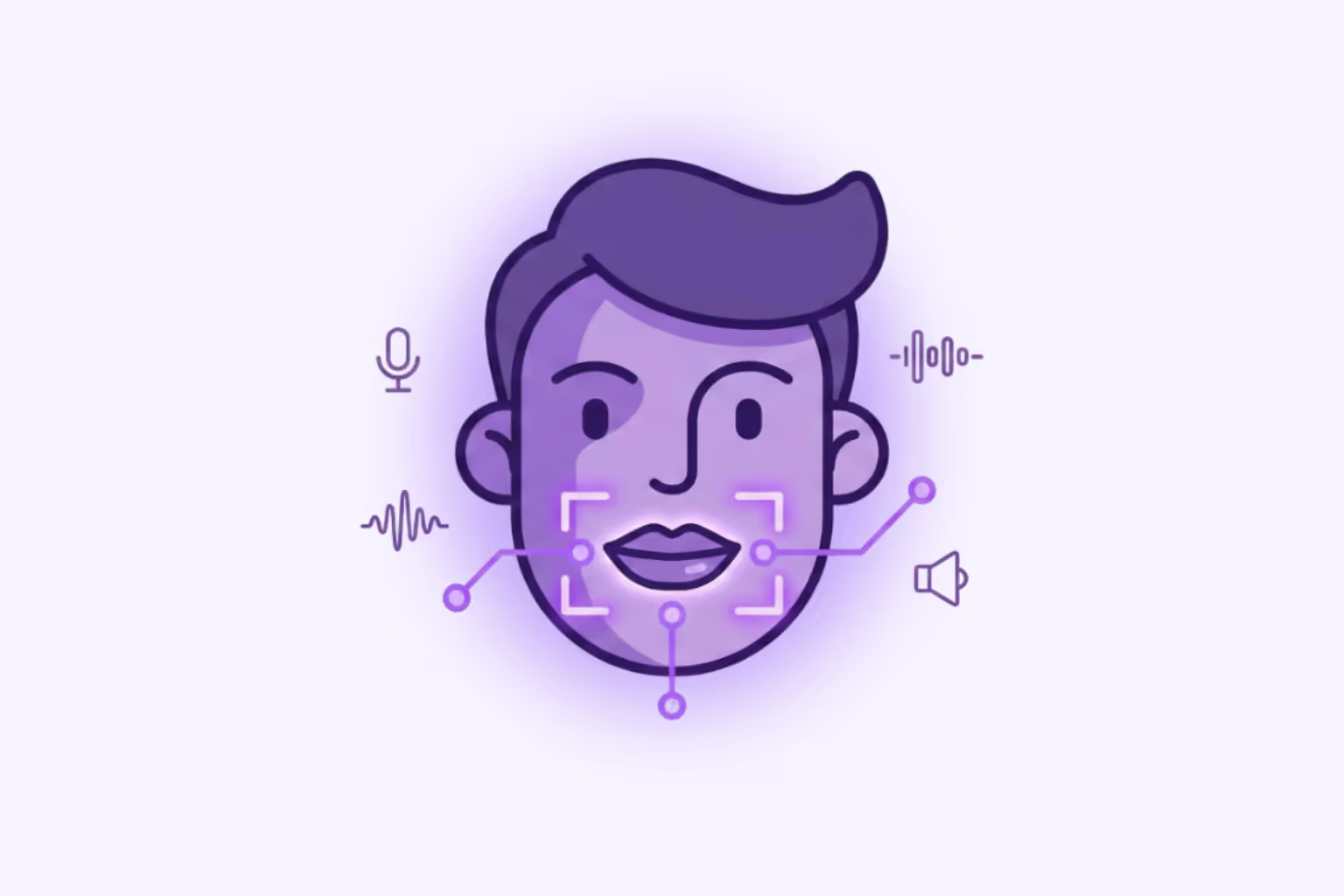
Tech
AI Lip Sync Explained: Stop Asynchronous Lips in Video Translations
Asynchronous videos look unprofessional. Learn how AI Lip Sync and Visual Dubbing perfect your translations – GDPR compliant and scalable.

Simon Pieren
December 23, 2025
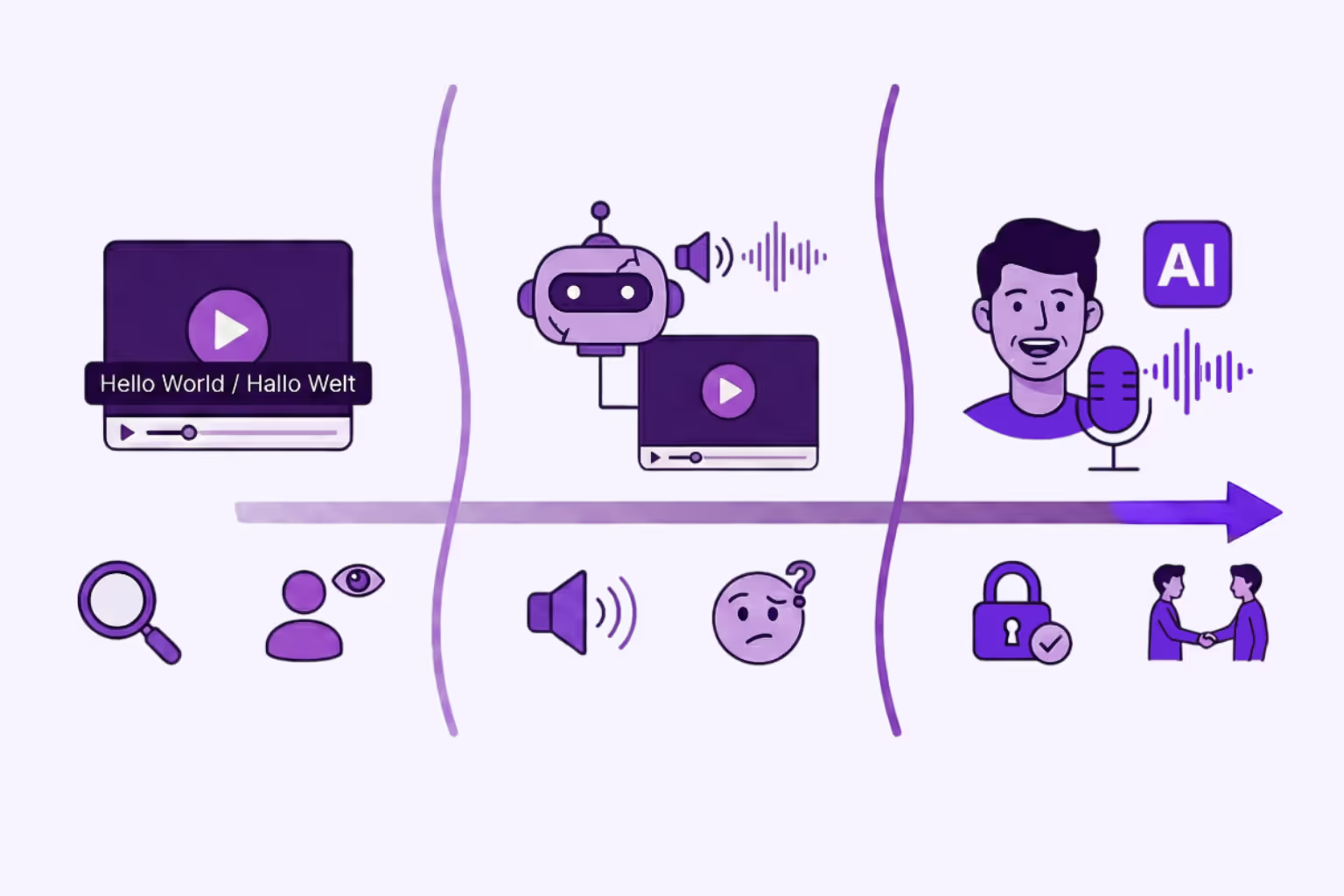
Use Cases
How to Translate Video Free: 3 Ways to multiply your reach
Looking for an AI video translator? We answer how to translate video free using 3 methods: Subtitles, Basic TTS, and Professional Lipsync.

Simon Pieren
December 8, 2025
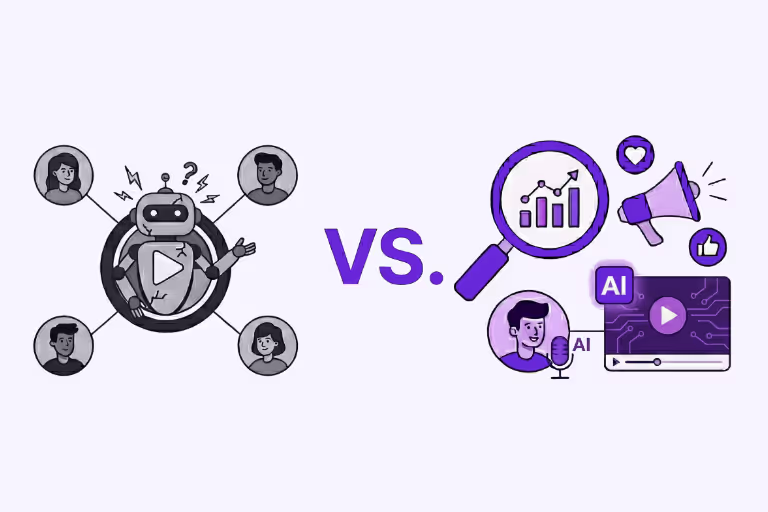
Use Cases
Translate Video Free: A Guide to AI Translation, Lip Sync & Voice Cloning
Looking to "translate video free"? Learn the technical differences between standard dubbing and generative AI Lip Sync, and how to test professional quality risk-free.

Simon Pieren
November 28, 2025
